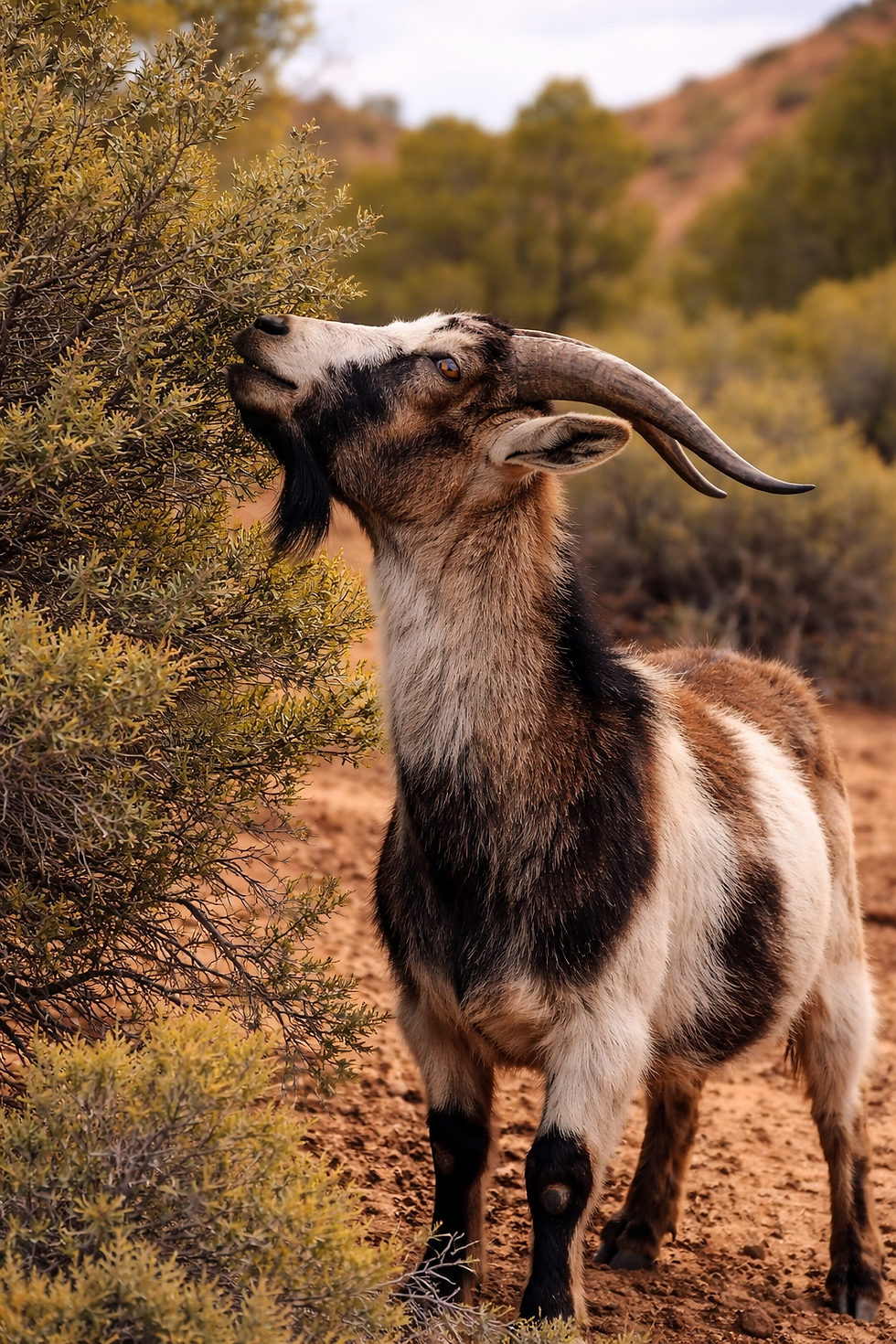What We’re Really Arguing About When We Talk About Tillage?
- May 21, 2025
- 3 min read
Updated: Aug 20, 2025
By: the Growing Resilience Team
A couple of weeks ago, we shared two posts that lit up our social media channels like never before.
The topic? You guessed it: tillage.
The first post was a short but controversial video of Dakota Lake Research Farm’s Dr. Dwayne Beck saying:
“Grandpa had more organic matter than you do. All tillage tools destroy soil structure. All tillage tools decrease water infiltration… All tillage tools reduce organic matter…”
The second was a graphic comparing tillage and no-till side-by-side.
We posted these not to divide, but to spark conversation about something we care deeply about: soil stewardship.
And boy, did it spark a discussion. Big time.
As of May 21, the Beck video has received over 110,000 views, 659 likes, and 73 comments. The no-till vs. tillage image made steady rounds—but when it was shared to the Tillage Kings Facebook group, it truly took off: 81 likes, 99 laughing reactions, over 200 comments, and dozens of farmers weighing in from all corners of the country.
We read every comment. And with the help of AI, yes, AI, to analyze the themes and trends in the comments, we sorted through hundreds of responses from more than 130 contributors.
Why We’re Genuinely Listening
One comment showed up repeatedly from no-till skeptics:
“Where’s the peer-reviewed literature?”
It’s a fair question. And it’s one we’re taking seriously.
We’re now digging into the peer-reviewed literature—not to prove a point, but to bring clarity to a conversation that clearly matters to many of us. Much of that research comes in the form of meta-analyses and long-term field studies, and we’ll be drawing from those sources to try and address the themes raised in the feedback.
This isn’t about saving face. It’s about honoring the moment and the people who showed up in it. If we want better stewardship, we need better conversations—rooted in respect, science, and experience.
What We Heard
The responses weren’t one sided—and that’s what made them so valuable. Here's how the perspectives broke down from our 131 commenters:
41% were clearly skeptical of no-till, citing yield declines, compaction, weed pressure, and doubts about the science.
7% were strongly pro no-till, especially when paired with cover crops, rotation, and systems thinking.
52%, fell into a middle ground, emphasizing flexibility, local context, and practical experience over ideology.
From these discussions, eight key themes emerged:
No-till can work—but is it at the cost of yield? Not necessarily.
Some farmers reported no yield drag, and even yield gains. Both outcomes are real. The common thread? It depends on the soil, the system, and the willingness to adapt.
Long-term no-till comes with real challenges.
Several farmers described problems like compaction, poor emergence, and increased disease or weed pressure over time—especially in humid or poorly drained soils.
Chemical dependency in no-till is a growing concern.
Some voiced strong unease about no-till becoming synonymous with “spray-only” systems, especially where cover crops or diversity were missing.
Most producers use a “toolbox” approach.
Whether it’s strip-till corn, no-till soybeans, or shallow vertical tillage for wheat, many described adapting tillage to match the needs of each crop, season, and year.
Context is everything.
Commenters emphasized that soil type, rainfall patterns, drainage, equipment, and labor all shape what’s possible. One farmer put it simply: “You’ve got to farm the field you have.”
Soil biology and regeneration matter to everyone.
Across the spectrum, many expressed a desire to build better soil—not just manage inputs—and credited living roots, cover crops, and diversity as key to long-term productivity.
Tillage isn’t evil—it’s a tool.
Several folks defended strategic tillage as a necessary and legitimate part of their system, especially to manage residue or address compaction after wet years.
Oversimplified messaging creates unnecessary division.
Some pushed back against blanket praise of no-till, arguing that slogans like “all tillage is bad” ignore complexity and alienate those who are genuinely trying to do the right thing in tough conditions.
What’s your experience?
If you’ve got a story, a question, or a challenge to what we’re saying—comment and share. We’re listening. And we’re learning.
Because what’s at stake isn’t a farming method. It’s the future of our land.
Mind how you go,
Buz Kloot & the Growing Resilience Team
Visit these “Growing Resilience Through Our Soils” information pages:
1. Podcast page for drought planning fact sheets, Q&As, news, podcasts, and more.
2. Video page to watch videos of other ranchers’ journeys toward improved rangeland/pasture.
3. Follow Growing Resilience on social media:
4. Our homepage: www.growingresiliencesd.com







Comments